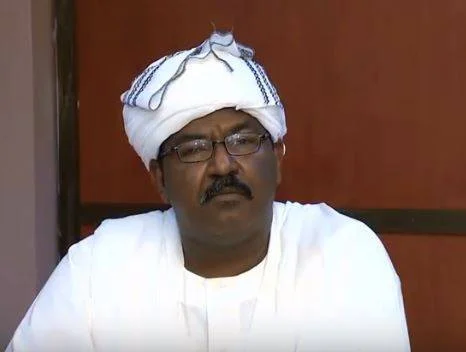What Has Changed??

By Al-Tahir Satti
In November 2019, while the government was negotiating with the armed struggle movements in Juba, the Prime Minister of that very government, Hamdok, visited Darfur. He reviewed a guard of honor and toured some displacement camps, wearing a bright white, classic half-sleeve shirt. The headlines in newspapers and online platforms focused on the shirt, not the visit’s program or objectives. He was mocked and criticized, and the entire event was reduced to *the shirt*!
I defended him, advising those critics not to let Hamdok’s shirt distract them from the country’s real issue — Darfur’s need for peace. I said that the Prime Minister’s visit to the displaced people was a sign of hope for peace. No government official had ever dared to approach the displaced or the refugees throughout the entire Darfur crisis. Governors used to deceive the world by organizing crowds far from the camps. None dared approach a real camp.
I was pleased by Hamdok’s visit as the first official to enter the heart of the displacement camps, and by the warm reception and generous hospitality he received. The displaced did not chant against him as they did against Kibir and other officials from the Bashir era. Rather, they welcomed and honored him, chanting: *“Thank you, Hamdok.”* He addressed them directly and listened to them — something that never happened during the pre-revolution decades. So, what has changed today?
The internal camps are still the same. The refugee shelters abroad are still the same. What has changed is that Hamdok no longer dares — and likely never will — to visit a camp inside the country or a shelter abroad, like Kamal Idris did today in the administrative capital, Port Sudan. Idris visited shelters, extended Eid greetings, listened to their complaints, and asked for their prayers for success and a safe return to their homes.
Nothing prevents Hamdok from visiting the displaced and refugees except fear — fear for his life due to their anger — and shame. Yes, his submission to the Abu Dhabi regime that supports the Al-Dagalo terrorist militia, which caused the displacement and refuge, is what keeps Hamdok from approaching Sudan and its people abroad. There is no other reason.
And it’s not just Hamdok. All members of his “steadfast” group are incapable of standing before the displaced abroad, let alone even considering visiting them internally. They talk a lot about civilians, but out of fear — and shame — they avoid them. They speak of war victims, yet they never visited Sultan of the Masalit to offer condolences, despite some of the victims being buried alive.
No one regrets the absence of these “steadfast” members. No one misses them. Some of them are so irrelevant their families don’t even expect them home for lunch. What we do regret is Hamdok — now trapped in the circles of billionaires, as Cameron Hudson described in his recent tweet. We regret him only because a politician with such (now lost) popularity had the potential to play a positive role — had he sided with his homeland, not with Emirati dirhams.



